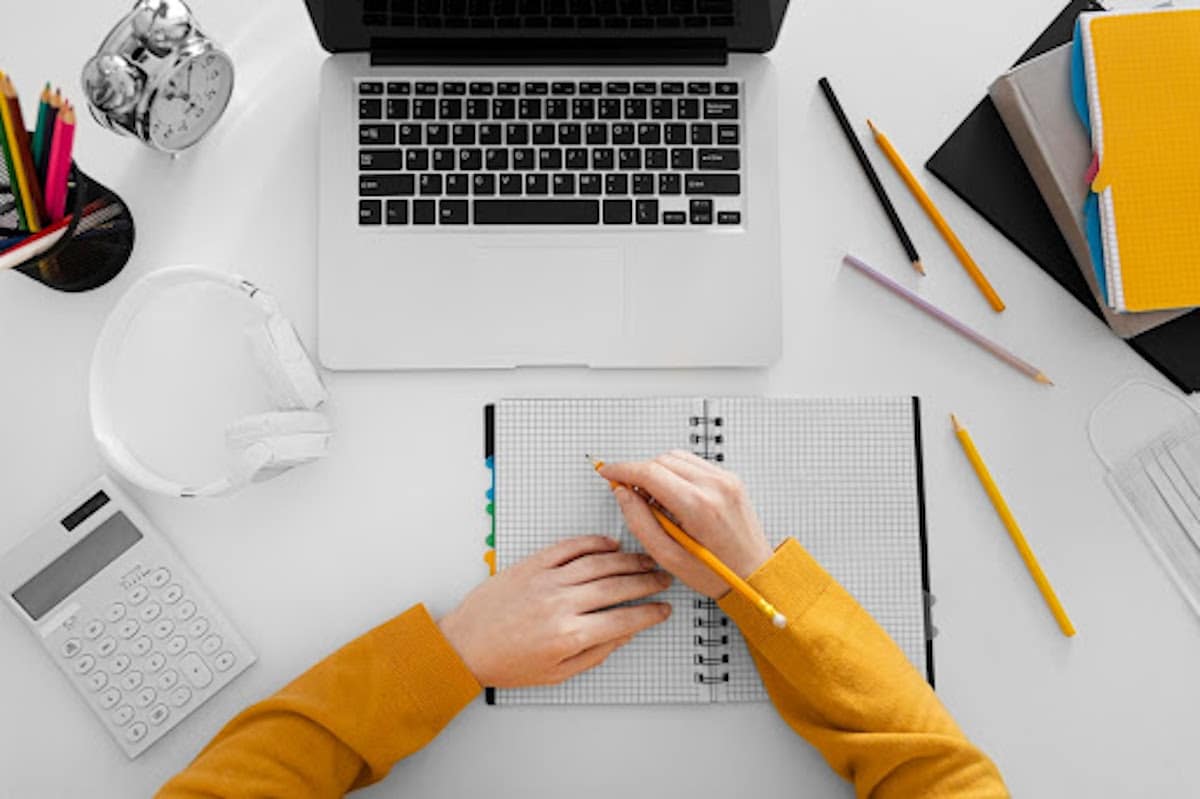Table of Contents
It does not matter if you are getting ready for a test or if you are embarking on an all-out effort to improve your study habits; the earlier you get started, the faster you will get to where you want to be. Here are four recommendations that will help you make the most of the time you spend studying.
#1: Identifying Learning Style
It is important to remember that everyone has their own unique approach to conceptualizing, understanding, processing, and sharing information. If you use many approaches to learning and remembering information, you will be better equipped to tackle complex concepts. But the common idea is that everyone has their own “learning style” that they like best. The following styles are the most well-known and commonly recognized.
Visual or spatial style is about studying by seeing and using pictures, images, and spatial relationships. You can learn how to make a worksheet at resources like StoryboardThat or use flashcards and system diagrams to help you visualize information and create associations. All of that helps make memorizing content easier.
Aural or auditory-musical style means learning by hearing—using voice, sound, and music. In that case, it is advised to employ sound, rhyme, music, and any aural content to focus on your association and visualization. Recordings should help provide the necessary background and get into visualizations. Since music can invoke different states, it can be used as an anchor to recall the ones that encourage learning.
Physical or kinesthetic style is comprehending by doing—using bodies, hands, and sense of touch. If it’s your style, think about using touches, actions, movements, and hands-on work in your learning activities. Focus on the sensations you can expect in a particular scenario improves visualization. Describing the physical feelings of your actions and finding ways to act out or simulate what you are learning can also become helpful for memorizing.
#2: Taking Good Notes
The study nuts and bolts are in the quality of your note-taking. If you do it right, you set yourself up for success. Your notes should help you recall the whole sequence of ideas covered while studying.
Organize all your notes together in an outline format. It will enable you to organize your ideas on a subject better and make it easier to practice for an exam. If you find that your notes lack important information from a lecture or presentation, you should always review the relevant sections of the textbook and/or approach your fellow students and/or the educator for help to fill in the gaps.
Meanwhile, here are some techniques to assist you in taking good notes:
- review notes and assigned tasks from the previous study;
- prepare to make new notes in advance;
- keep your notes from each topic together, or have a separate notebook for each subject;
- highlight the main conceptions and ideas;
- research and clarify doubting points in addition.
There are also multiple software tools available to help you with note-taking and learning in general.
#3: Planning Study Time
Set specific goals or objectives for your learning time and determine what material you want to cover. Break the material you want to comprehend into small pieces. That way, your overall goal does not seem overwhelming. It’s advised to do the most complex tasks when you feel most attentive, have the most energy, and have good concentration; leave the easier bits for when you are tired.
Setting goals can help you with the following:
- track the progress (you know what you have already studied);
- determine areas yet to learn;
- emphasize those areas needing further study.
Also, learning the general ideas of a topic before trying to comprehend the details of it can turn out to be very helpful. You can determine in advance whether you have set aside enough time to cover the material. Also, you’ll realize what tasks need to be completed immediately and which ones can wait.
#4: Finding the Best Time and Place
Are you a night owl or a morning person? Determine your study time when you are most alert. Afternoons are usually the period of the least alertness. Furthermore, locate a comfortable spot to study and equip it with the needed materials ahead of time before you start learning. That is crucial because if you get into looking for learning items when you have decided to study, it can ruin your concentration, and you will ultimately waste your study time.
Here are some features of an ideal study spot:
- a quiet place
- enough table space
- comfortable seat
- good lighting
- minimum of distractions
If a quiet spot is not readily available, consider listening to music such as classical or jazz at a low volume. It can help block out any disruptive noises and keep you more attentive.

Coming to the Upshot
Studying can be a daunting task, but with the right approaches, it can be made much easier, faster, and more interesting. Mentioned tips and tricks should help you study more effectively and make the most out of your study time. Keep these article recommendations in mind, and you will be able to maximize your efforts and get better results.


